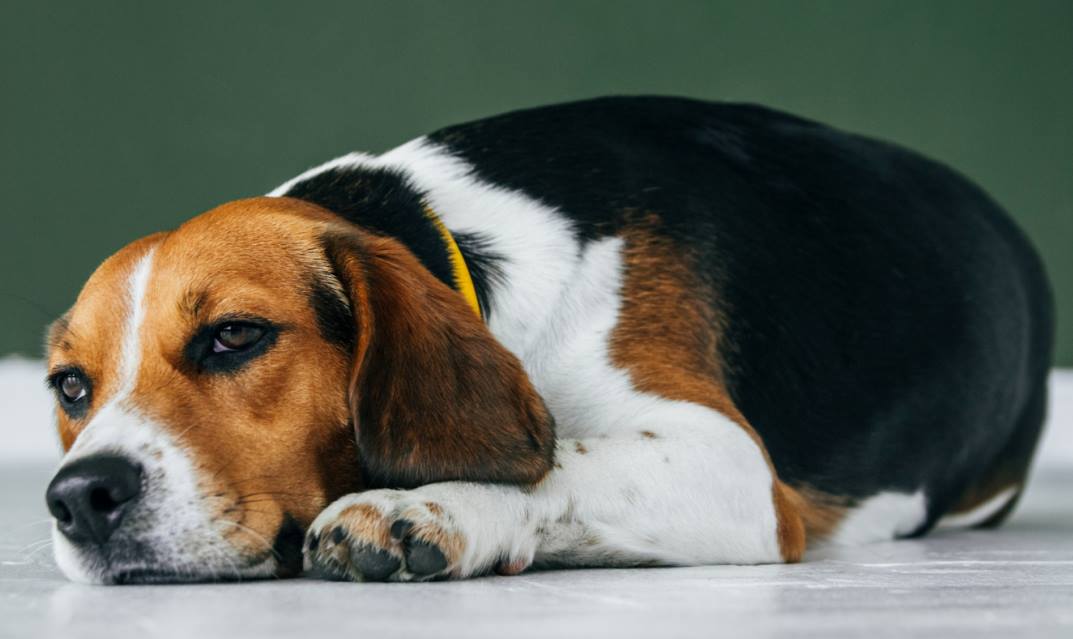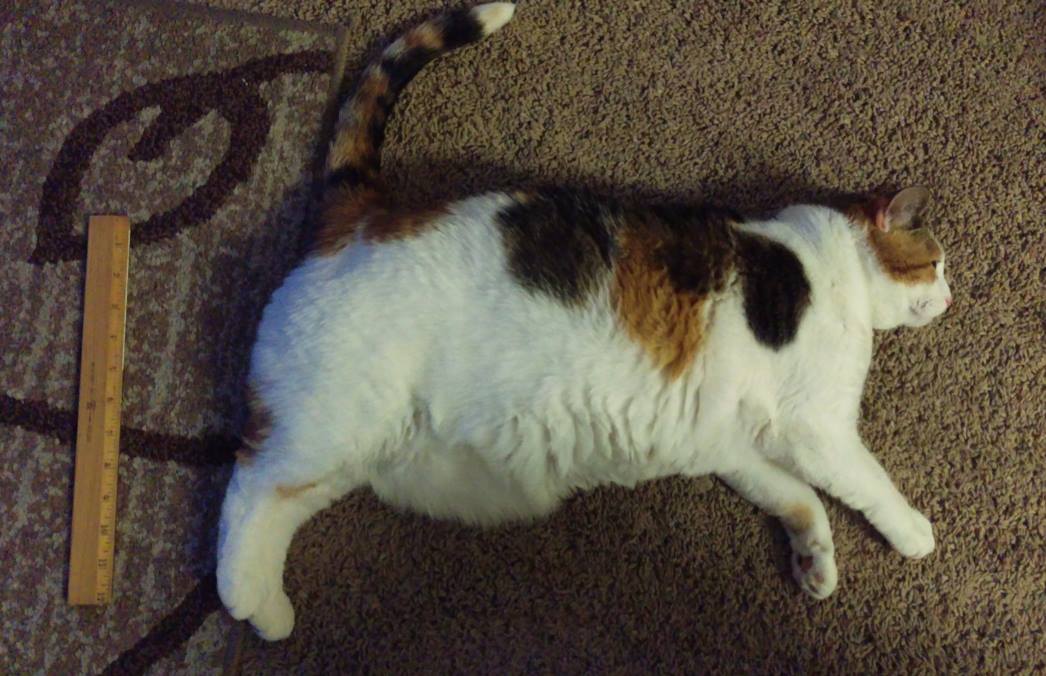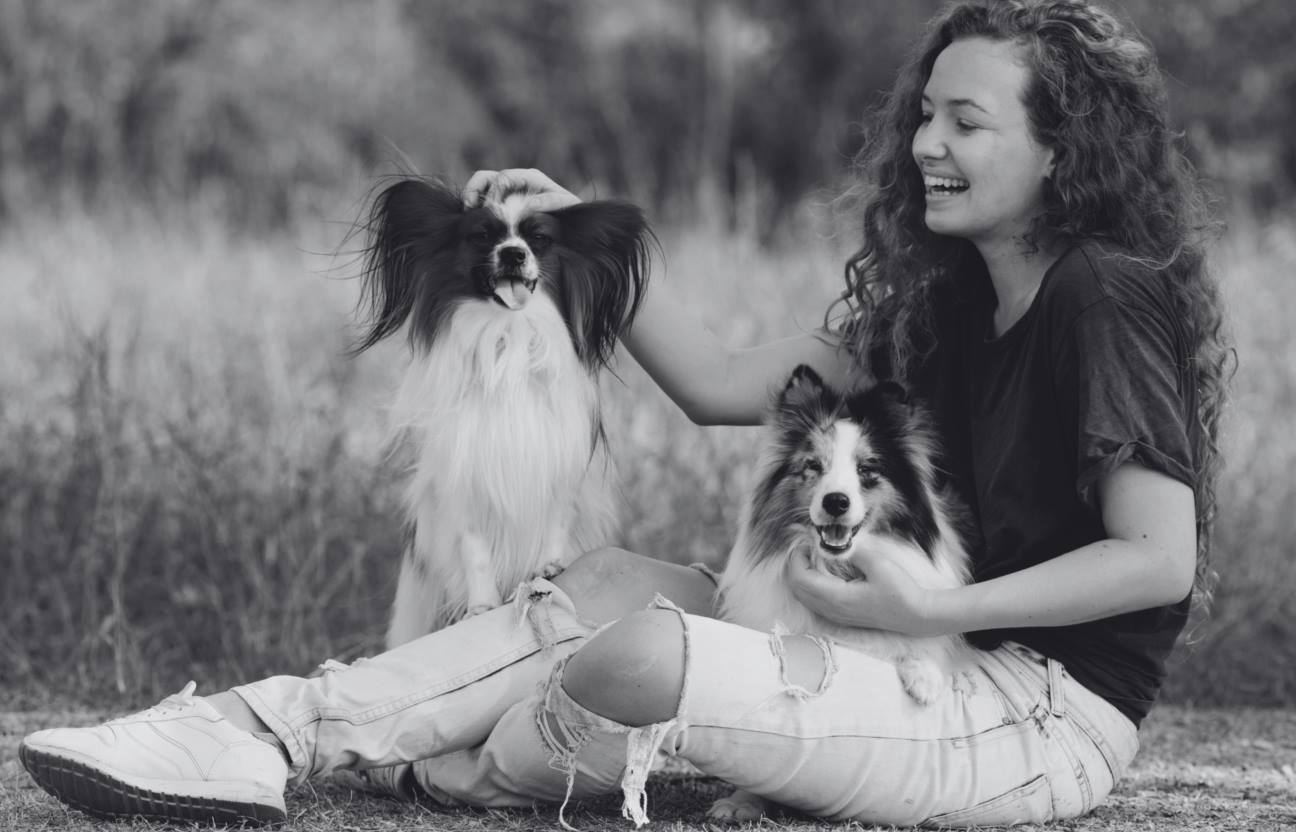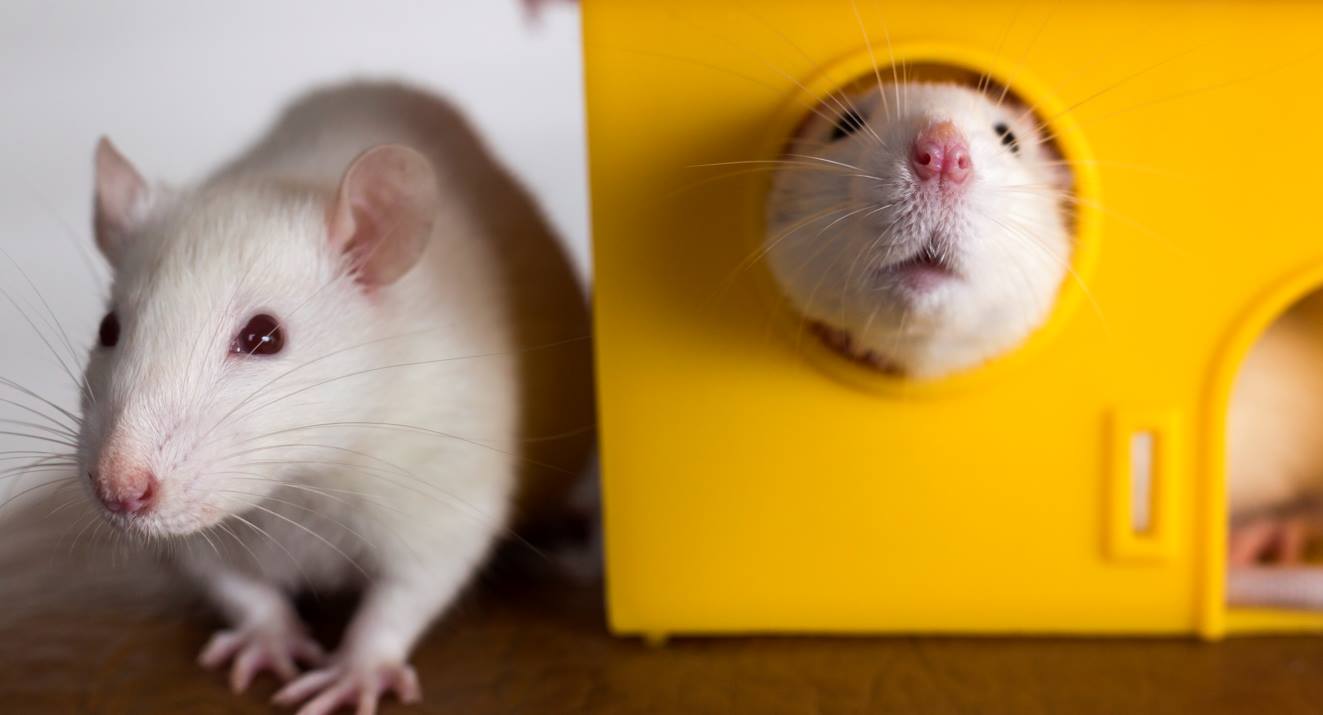Pet Obesity: How To Prevent Your Furry Friend From Getting Overweight?

As pet owners, we all know how hard it is to resist our furry friends' adorable eyes and not give them treats. Munching on food or enjoying extra treats can alleviate boredom in hyperactive cats and dogs. It can be tempting to spoil our four-legged companions with food or skip a walk every now and then. However, it's crucial to think about the impact on their overall well-being.
What Causes Obesity In Pets?
Genetics plays a significant role in determining a pet's susceptibility to obesity. Some breeds, such as Labrador Retrievers and Beagles, have a genetic predisposition to gain weight more easily than others. These breeds may have slower metabolisms or a tendency to overeat, making them more prone to obesity.
Age is another factor that can contribute to pet obesity. As pets get older, their activity levels tend to decrease, and their metabolism slows down. This combination can lead to weight gain if their diet is not adjusted accordingly. Older pets may also experience health issues that limit their ability to exercise, further increasing their risk of obesity.
Pets that do not receive enough exercise are more likely to become overweight or obese. Regular physical activity helps burn calories, maintain muscle mass, and keep pets fit. Lack of exercise can result from various factors, including a sedentary lifestyle, limited access to outdoor spaces, or physical limitations due to injury or illness.
Diet is perhaps the most significant factor contributing to pet obesity. Feeding pets an unhealthy diet, such as one high in fat and carbohydrates, can lead to excessive weight gain. Overeating and consuming too many calories can cause pets to become overweight, just like in humans.

Why Is Obesity Dangerous For Pets?
Obesity in pets is a serious concern that should not be taken lightly. Just like in humans, carrying excess weight can have detrimental effects on their overall health and well-being. One of the most common health issues associated with obesity in pets is joint disease. The extra weight puts added pressure on their joints, leading to conditions like arthritis and hip dysplasia. These conditions can cause chronic pain and discomfort, making it difficult for your furry friends to move around and enjoy their daily activities.
Just like humans, overweight dogs and cats are more likely to develop diabetes. This health condition can lead to numerous complications, including increased thirst and urination, weight loss, and even organ damage. It can significantly impact their quality of life and require lifelong management.
Respiratory problems are another common and serious problem in overweight dogs. The excess weight puts pressure on their lungs and airways, making it harder for them to breathe properly. This can lead to wheezing, coughing, and shortness of breath, making physical activities and exercise more challenging for them.
Obese cats, on the other hand, are more susceptible to mouth and urinary tract diseases. The extra weight can contribute to the formation of dental plaque and tartar, leading to gum disease and tooth decay. Furthermore, cats that struggle with grooming due to obesity may develop dry skin and feline acne.

How To Help Your Pet Lose Weight?
If your furry friend is struggling with obesity, don't worry! Your veterinarian is here to help you develop a personalized diet and exercise regimen to help you shed those unwanted pounds. Meanwhile, here are some ways to help your pet lose weight at home:
- Cut back on treats. Although it may be difficult, treats add extra calories to your dog's diet and can contribute to weight gain.
- Provide the correct amount of pet food every day. Many pet food bags have feeding guidelines that can help you determine the right portion size. However, if your pet is still gaining weight, you may reduce the portion by 10% to 15%.
- Take your pet on longer walks. Try to extend the time they spend walking each day. Additionally, incorporating activities like playing fetch in the backyard or taking them to the dog park on weekends can be beneficial.
Final Thoughts
If you're concerned about your pet's weight, schedule a visit so that your vet can assess their condition and determine the underlying cause of their obesity. Blood work can provide valuable insights, and your vet can create a personalized plan to help your furry friend lose weight effectively












